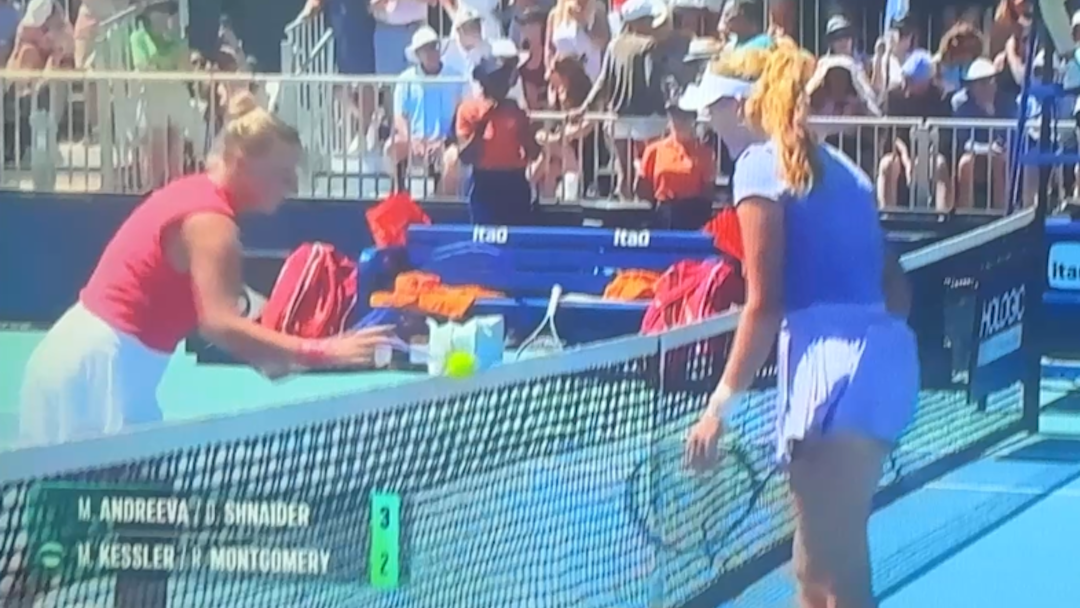Fiend at Court Unplugged
The organization known as the Association of Tennis Professionals (ATP) was founded in 1972. Initially the ATP membership consisted of only the players and the organization didn’t have all that much power. That all changed in when the ATP membership pulled together to boycott Wimbledon in 1973. It was one of the most effective labor strikes in the history of professional sports.
Niki Pilic, the central figure that sparked the boycott, was an unlikely rallying cause. He was not particularly well liked within the player community. Pilic had declined to represent Yugoslavia in a Davis Cup tie against New Zealand. This infuriated the Yugoslav tennis association and prompted the ITF to suspend Pilic for a year. The ITF suspension was because Pilic wasn’t “in good standing” with his national association. That meant that Pilic was prohibited from competing at Wimbledon.
The central issue for the ATP players opposition was the authority of the national associations to make Davis Cup play compulsory. Most believed that players should represent their countries, but that it should not be a requirement. Cliff Drysdale, in his capacity as president of the fledgling ATP, circulated a petition threatening a player boycott of Wimbledon unless Pilic was allowed into the draw. Neither the ITF nor Wimbledon took the that threat very seriously. It was the first real test of the power of the ATP.
Nearly all of the top 70 players withdrew from Wimbledon that year. Stan Smith, the defending champion and pre-tournament favorite, led the charge. Other prominent players who withdrew included John Newcombe, Arthur Ashe, Ken Rosewall, Bob Lutz, Roy Emerson, and Drysdale. With more than half the draw gone Wimbledon officials frantically rounded up amateurs to fill out the draw.
In a recent interview on the No Challenges Remaining podcast, Donald Dell, one of founders and early leaders of the ATP, was asked why the women were not included in the boycott. His answer was that it simply did not occur to them to do so. The ATP had too many internal issues and struggles to even consider enlisting others from outside the organization. Dell speculates that while the women’s organization was also still in its formative stages, that maybe Billie Jean King could have pulled it off through sheer force of will. The world will never know.
After Wimbledon in 1973, the ITF shortened Pilic’s suspension to prevent a similar boycott at the U.S. Open. It was one of the most effective labor strikes in the history of professional sport and established the ATP as a powerful force in tennis.
- Donald Dell, No Challenges Remaining Podcast, Episode 299b, May 13, 2021.
- The Wimbledon Boycott of ’73, Matthew Futterman, The Wall Street Journal, June 24, 2013.



